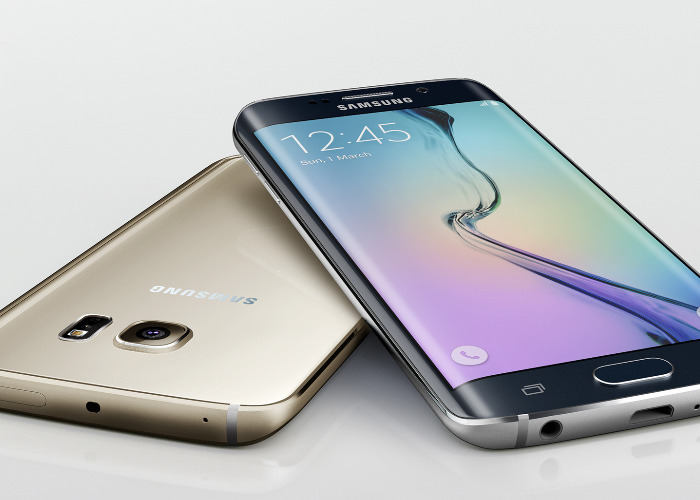Android Pay: UK release date, mobile payments guide

Android Pay is set to make paying with your mobile even easier. Here's everything you need to know.
Google has announced that Android Pay is coming to the UK soon. This means everyone without an iPhone will be able to join in and pay for goods and services with a swipe of their phone. Here’s everything you need to know.
What is Android Pay?
Just like the iPhone version, Apple Pay, Android Pay will store your credit and debit card details on your phone so you can pay contactlessly using your mobile phone.
If your phone has a near-field communication (NFC) chip you will be able to pay for things by holding it up to a contactless payment terminal. To authenticate the payment you can either use your phone’s fingerprint sensor, a passcode or pattern.
At present contactless payments are limited to transactions of up to £30, so Android Pay is likely to have the same limit.
Who will be able to use it?
You will need to have an android phone with the right hardware to be able to use Android Pay. It has to have an NFC chip. Most of the popular top-spec and mid-range phones on the market have NFC, but if your phone is older you’ll need to double check.
As well as having the right hardware you’ll also need to make sure your phone is running the latest software too. You need to be running Android 4.4 KitKat or higher in order to be able to use Android Pay when it launches.
Which banks are supporting it?
As well as having a phone that can take advantage of Android Pay, you will also need to hold a debit or credit account with a participating bank. So far, Bank of Scotland, First Direct, Halifax, HSBC, Lloyds Bank, M&S Bank, MBNA and Nationwide have said they will support Android Pay.
“With more and more of our personal current account customers banking on the move with our mobile apps, there is clearly a need for us to continue to look for ways to support the changing needs of our customers,” says Stephen Noakes, the managing director of Retail Customer Products, at Lloyds Banking Group. “By offering Android Pay we’ll extend contactless payment capability to the majority of our customers who want to use their smart phone or device to make payments.”
But don’t assume your bank will. Big names including American Express, Barclays and Santander haven’t signed up yet. Barclays customers still cannot use Apple Pay, despite the fact it launched last July with many other big high street banks.
Is it secure?
The Android Pay app doesn’t actually store your bank account details. Instead it creates a virtual card that has access to your cards. This means your bank details aren’t shared with the retailer, so it should be pretty secure.
Just take sensible steps to protect your data. Use a PIN, security design, or fingerprint lock on your phone. If it is lost or stolen use the Android device manager tool to remotely lock or wipe it.
How do I use it?
When Android Pay launches – it’s not clear when that will be yet but in the next few months – you’ll be able to download the app from the Play Store. Then you simply add your cards and away you go.
Be better off with loveMONEY:
The cheapest 4G SIM-only mobile deals
How to get cheap and free cinema tickets
Comments
Be the first to comment
Do you want to comment on this article? You need to be signed in for this feature